Enhance your gaming experience with our services
Get the most out of your game with professional solutions
What is Patrol in Dota 2?
Patrol in Dota 2 was introduced with the 7.23 update in November 2019. Valve implemented it to combat unfair play, as players frequently complained about dishonest opponents in the past.
The developers decided to engage the community. Patrol allows experienced players to assess controversial moments in matches, which has improved the atmosphere in the game.
Since then, the system has been updated, becoming more effective. Today, patrol in Dota 2 is an important tool for maintaining fair play.
But how exactly does this system work? Let’s take a closer look at the mechanics of patrol and its role in Dota 2.
How does Patrol work in the game?
Patrol in Dota 2 is aimed at reviewing matches with complaints. The system selects random segments of the game, usually lasting 5-10 minutes. These fragments are reviewed by patrol members — experienced players with a good reputation.
Patrol members assess the actions of the suspected player, looking for signs of unfair play, such as unnatural movements, suspicious accuracy, or blatant sabotage. Based on what they observe, patrol members decide if the player violated any rules.
The system selects matches for review based on complaints. After a game, any participant can file a complaint by clicking the flag next to the player’s name. Different reasons are available: use of scripts, intentional losses, or abusive behavior.
Valve considers the number and type of complaints. Matches with a high volume of reports or serious allegations are prioritized for review, helping to identify serious offenders more quickly.
Players can submit complaints after the match, indicating the type of violation:
- Improper use of abilities
- Intentional losses
- Suspicious behavior
- Use of scripts and cheats
- Disruptive actions
In Dota 2, patrol not only catches cheaters but also protects the innocent from false accusations. The system reduces the impact of unfounded complaints, making the game fairer for everyone.
Who reviews complaints?
Complaints in Dota 2 are reviewed by experienced players with a high trust level. At what rank does one get patrol access? Valve does not disclose the exact criteria for selecting patrol members, but generally, these are people with a trust score of 8000 points or more.
The system considers players' ratings. A patrol member always has an MMR higher than that of the player being reviewed, which helps accurately assess the situation.
It’s important that patrol members regularly play Dota 2. If a player hasn’t logged into the game for 2-3 months, they won’t have access to reviews, even with a high rank.
Patrol members receive random matches for review. They examine the controversial moments and decide if there was a rule violation.
Can you appeal a patrol decision?
There is no such functionality. Valve does not allow players to appeal patrol verdicts. The system relies on the collective opinion of participants. If you were punished unfairly, you simply have to wait for the ban to expire. The developers believe that the current approach is more effective in combating toxicity than individual appeals.
Patrol in Dota 2: How to review complaints yourself
Reviewing patrol cases requires objectivity. Assess only the actions of the accused, ignoring the actions of other players. Even if a teammate provokes, a rule violation is still a violation.
Let’s go through the review process:
- Open the main menu and load the patrol recording.
- Review the suggested moments with potential violations.
- Use the Dota TV tools: change camera angles, track player actions, adjust replay speed.
- Watch all highlighted episodes, which can be replayed as many times as needed.
- Deliver an impartial verdict based on what you’ve seen.
Remember: the system will allow you to issue a decision only after reviewing all highlighted fragments. Your task is to fairly assess the player’s behavior within the rules of Dota 2.
Community feedback on patrol
The patrol system in Dota 2 generates strong interest among players. However, opinions are divided. Some praise it for fighting toxicity, while others criticize it for unfair bans. Experienced players note that patrol in Dota 2 helps improve the atmosphere in matches, while newcomers often complain about the system’s strictness.
Most agree: patrol is necessary but needs refinement. Players suggest adding an appeal system and increasing transparency in the review process. Many believe that over time, patrol will become a more accurate tool for maintaining order in the game.
Players aiming to improve their skills quickly and climb the ranks often turn to experienced coaches. MMR boosting in Dota 2 helps beginners learn from professionals, adopting their strategies and tactics. This allows not only for rank improvement but also valuable experience playing at a high level. Interestingly, patrol in Dota 2 indirectly contributes to the popularity of such services, as players strive to avoid violations and toxic behavior, preferring to learn from seasoned mentors.
More to read
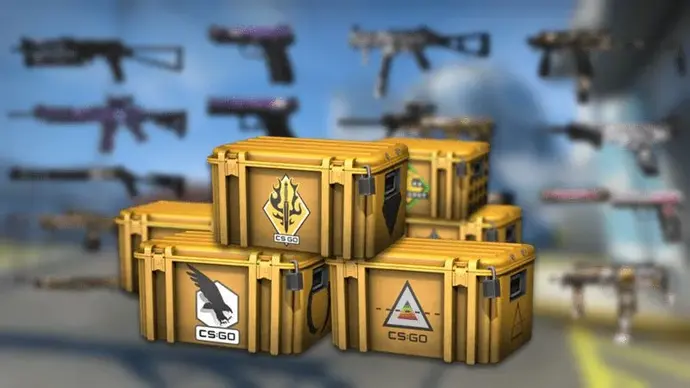
Most Expensive Cases in CS2
An overview of the most expensive CS2 cases, their prices, rare drops, and investment potential — what drives value and which cases remain promising in 2026.
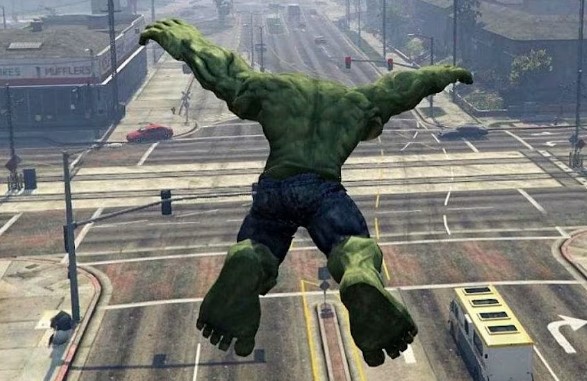
How GTA 5 Modded Accounts Work
Learn how GTA 5 modded accounts work, what benefits and risks they include, and what you should know before buying to start playing with ready-made progress safely.
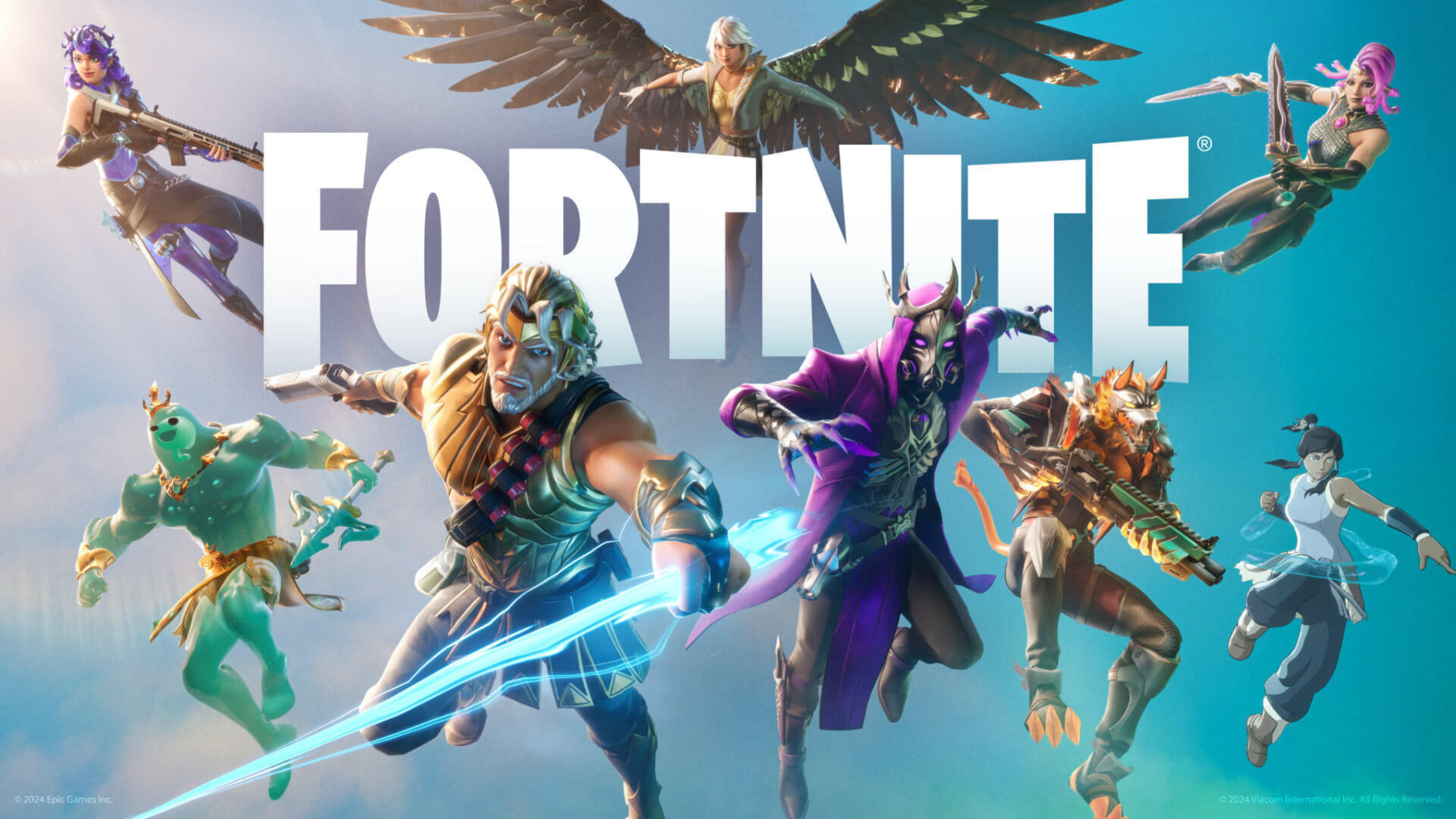
How to Get Free Fortnite Accounts (Without Getting Scammed)
How to safely get free Fortnite accounts, recognize common scam methods, and understand where real opportunities exist without risking your data or main account.
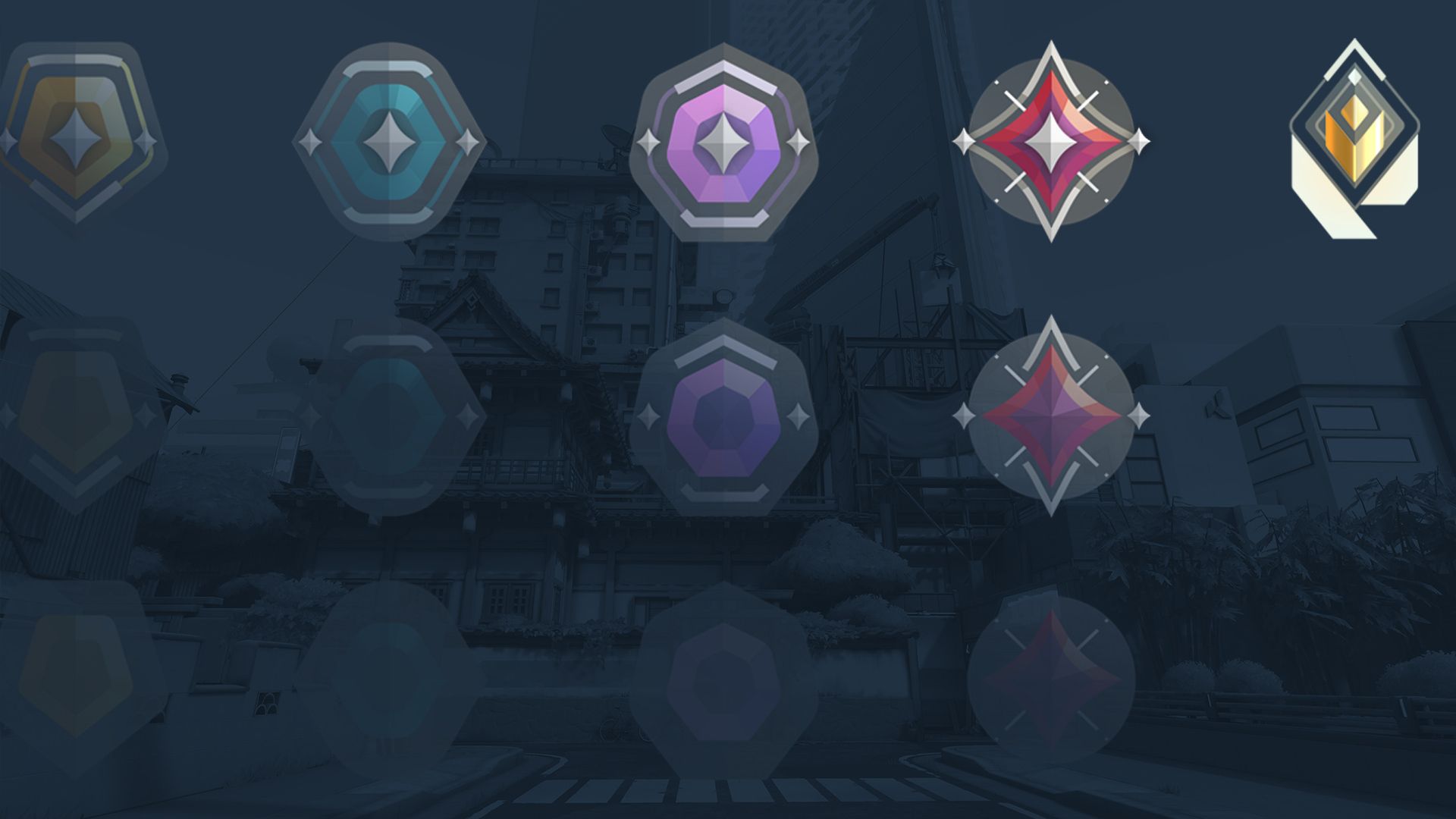

How to Rank Up in Valorant Faster
How to rank up faster in Valorant by improving core mechanics, smarter peeks, communication, game sense, and mindset — the factors that lead to consistent wins and steady ranked progress.
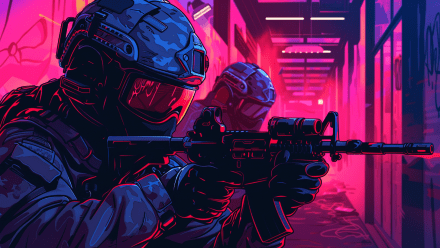
How Matchmaking Works in CS2
Learn why wins alone don’t guarantee rank ups in CS2, how hidden rating works, and what truly drives your matchmaking progress.
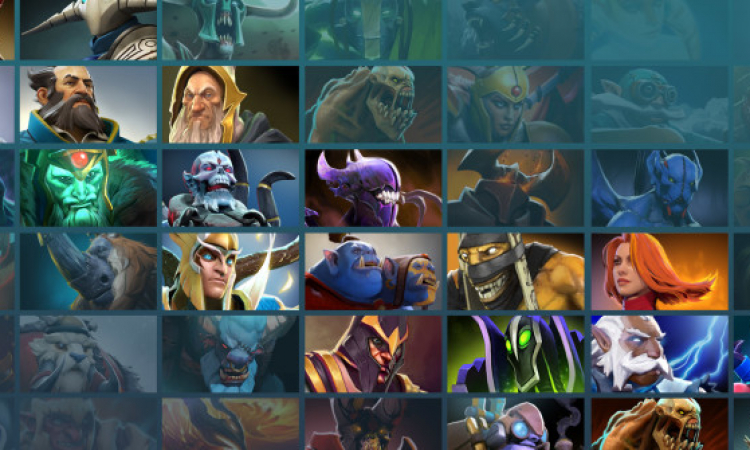
Best Solo Queue Heroes in Dota 2
Best Dota 2 solo queue heroes guide featuring meta picks, lane dominance, scaling cores, and practical strategies to climb MMR with reliable impact in real matches.


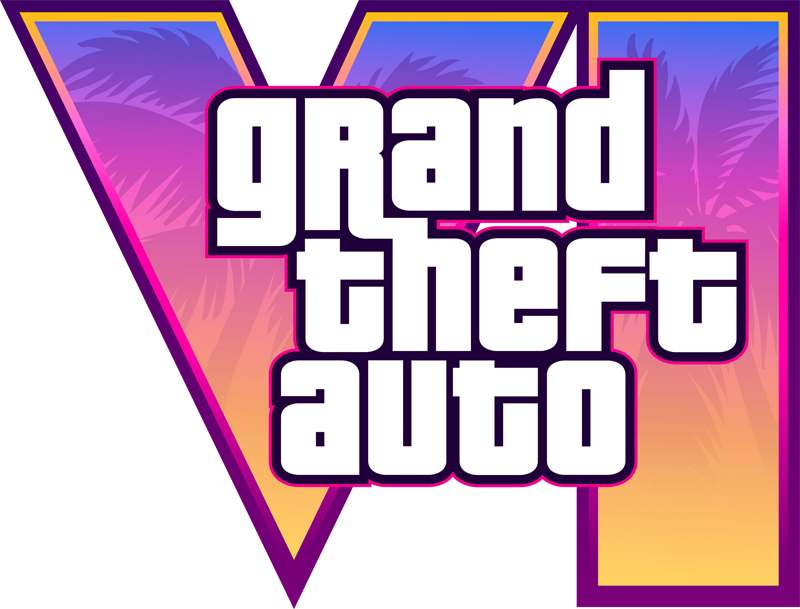
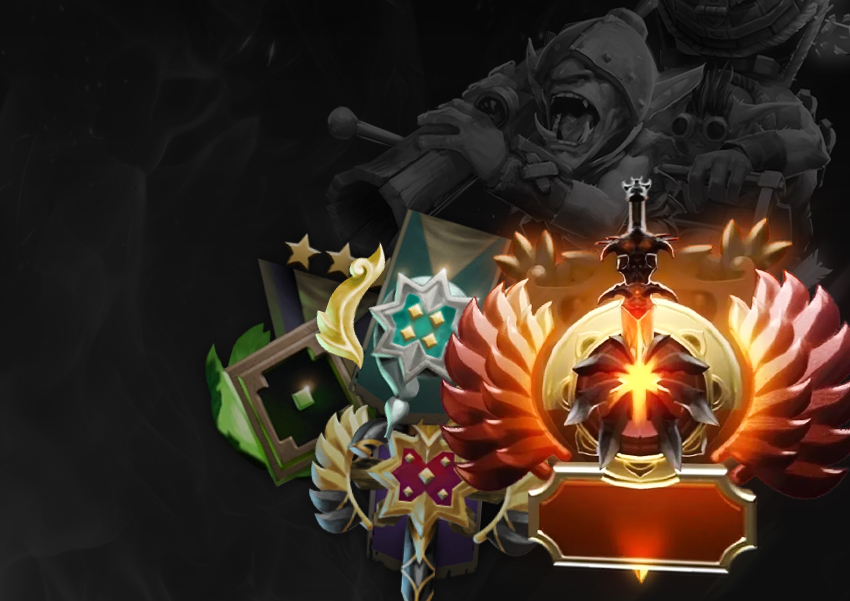
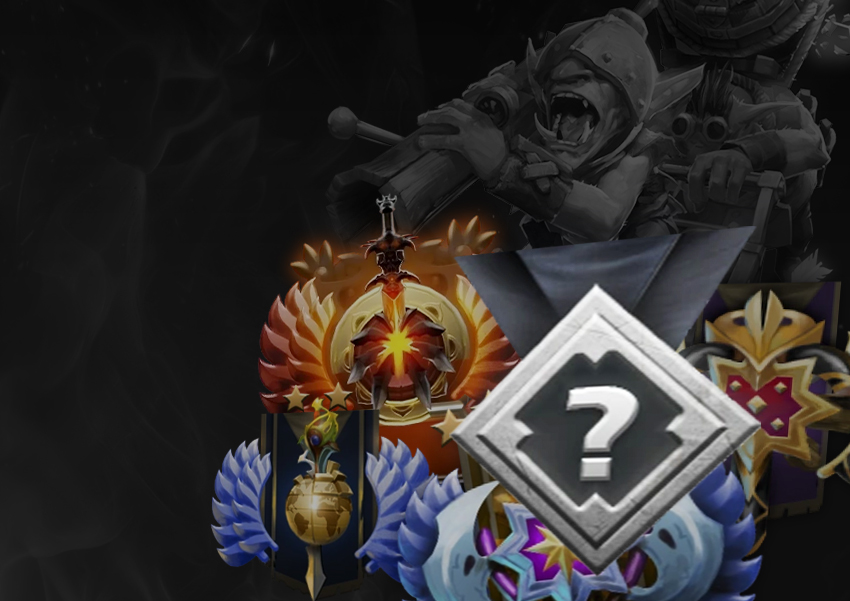
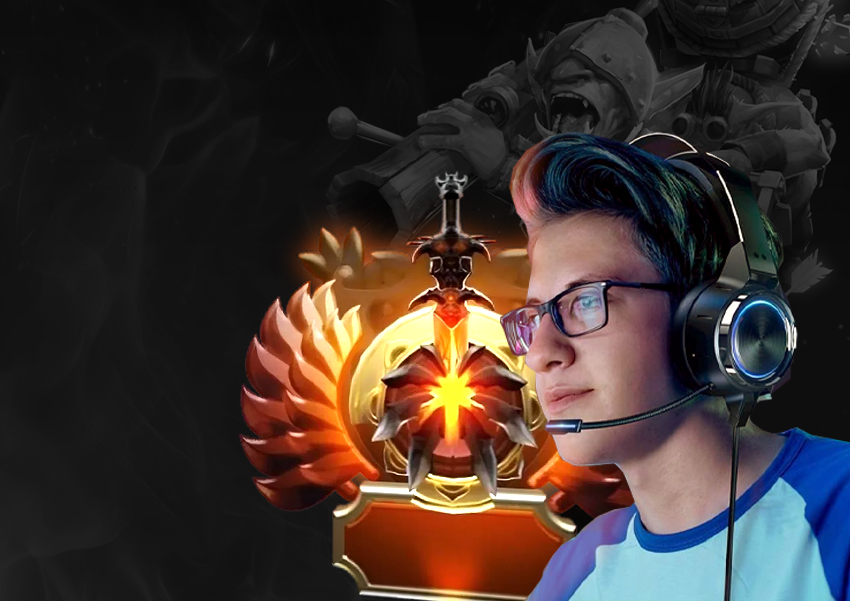
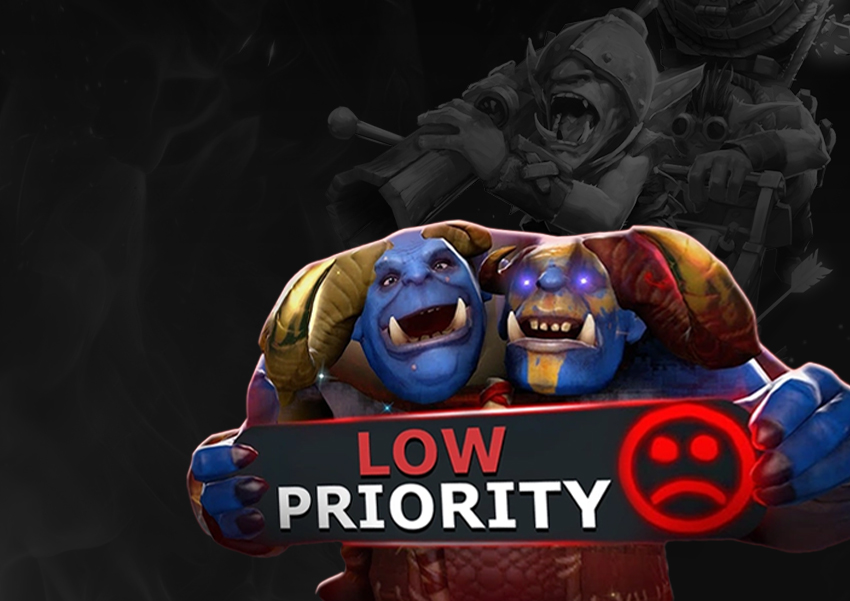
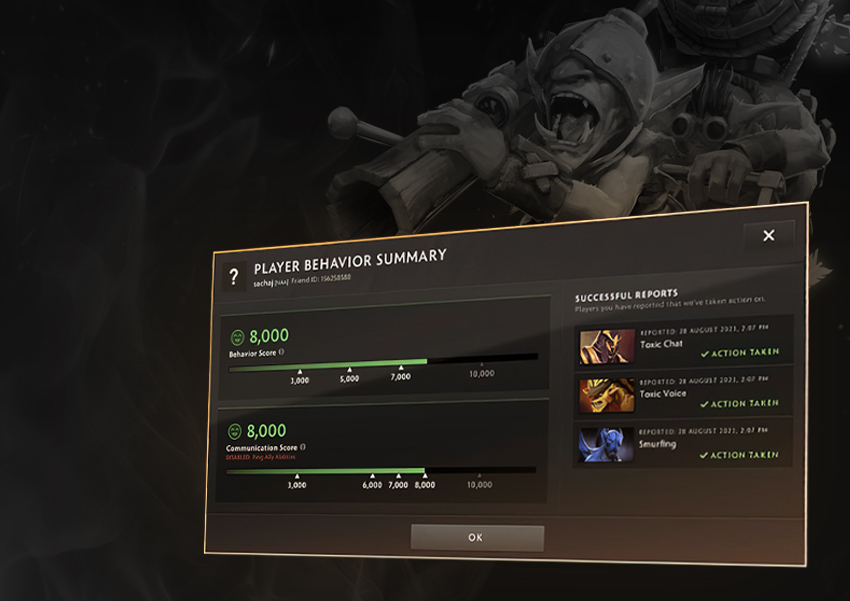
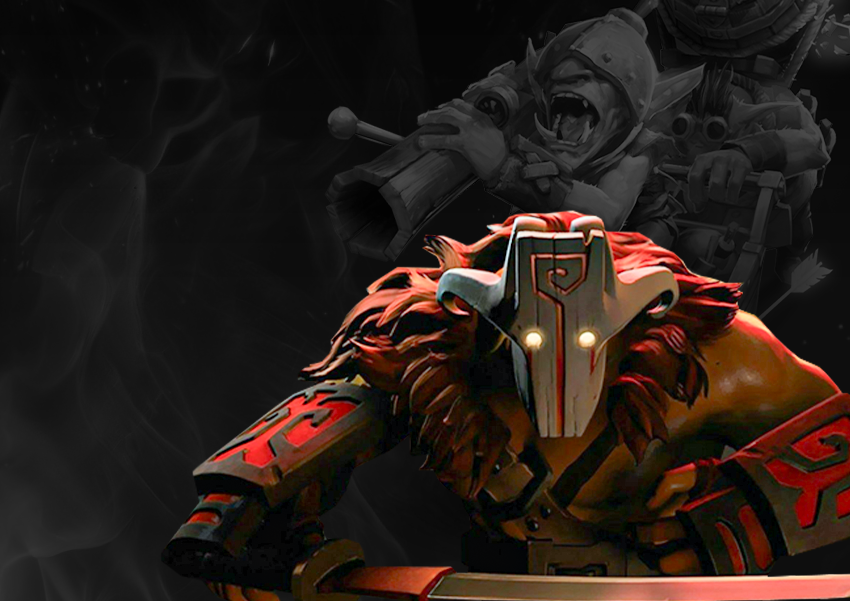
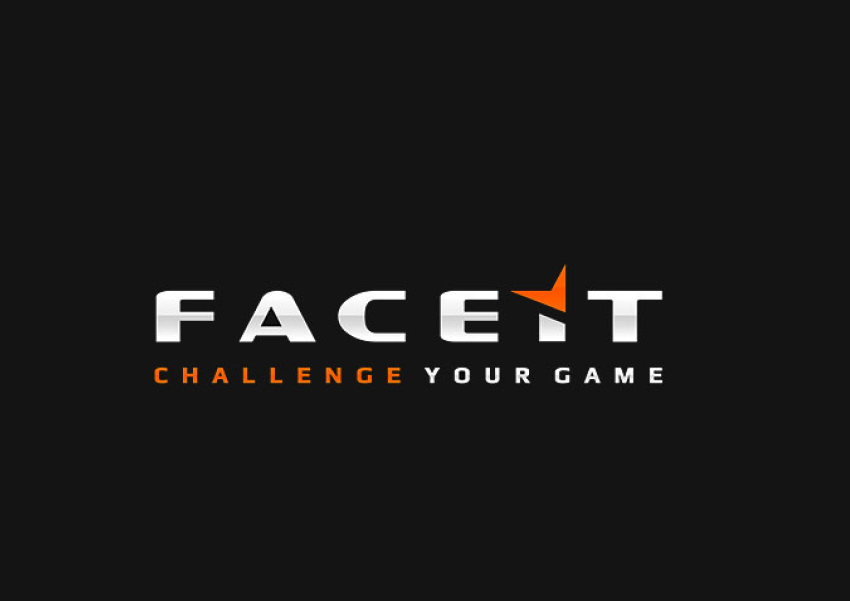
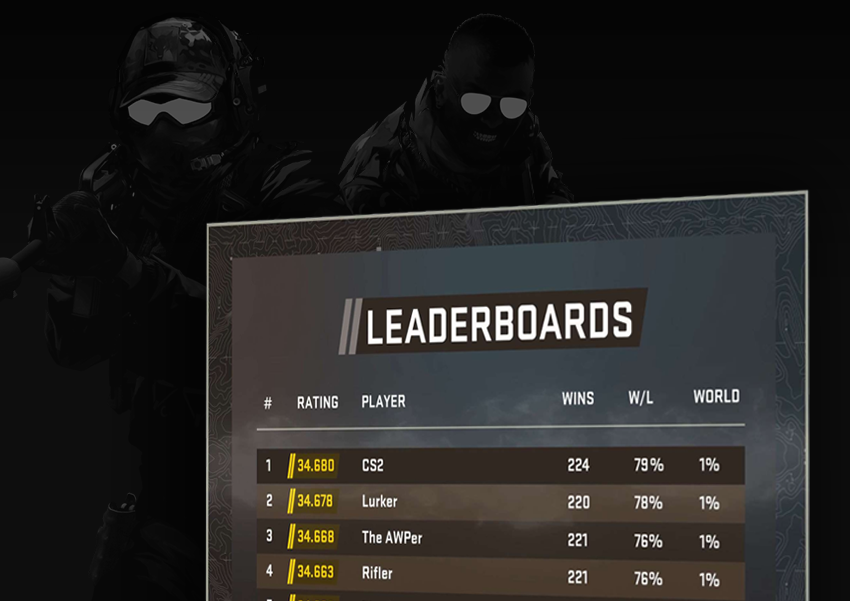
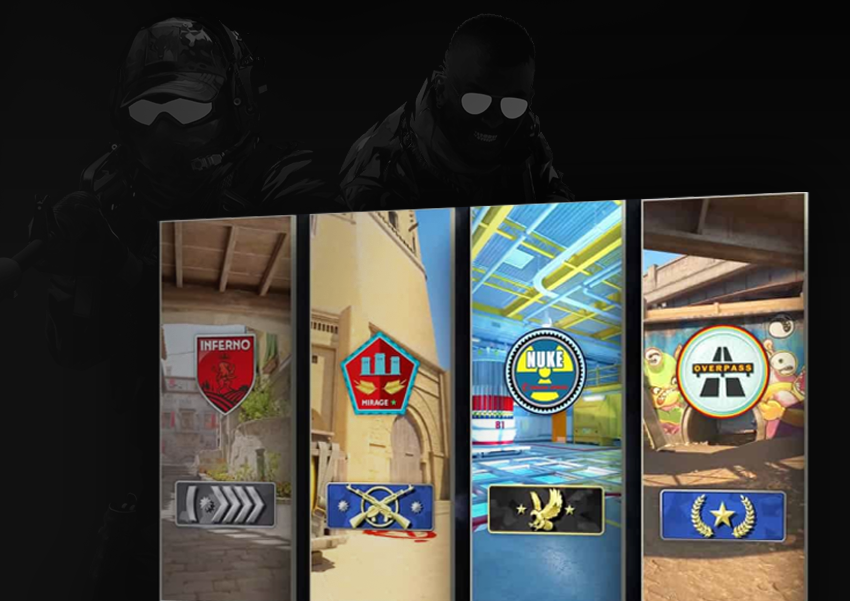
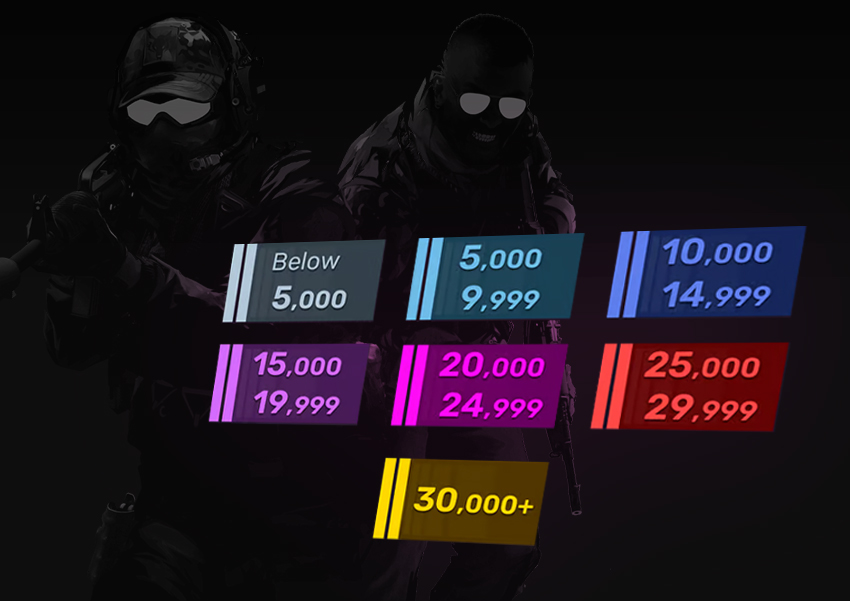
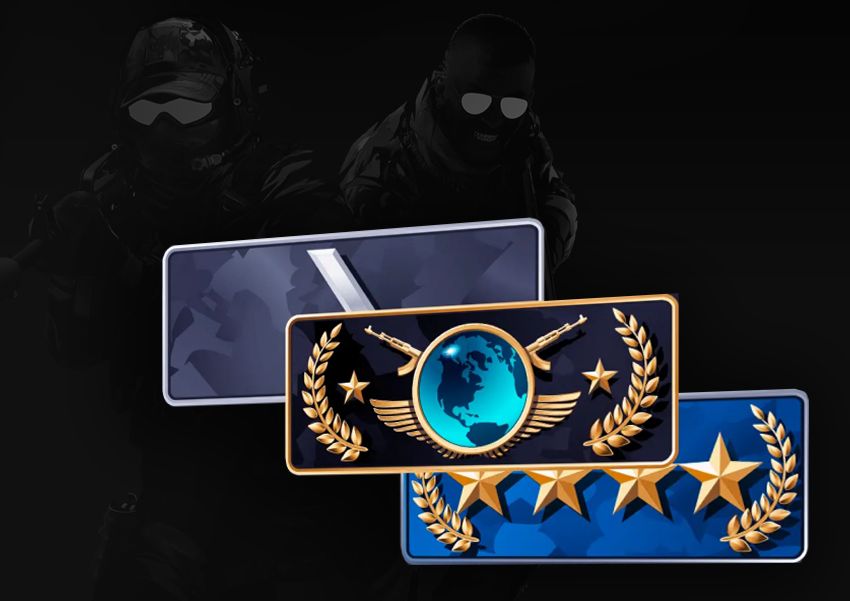
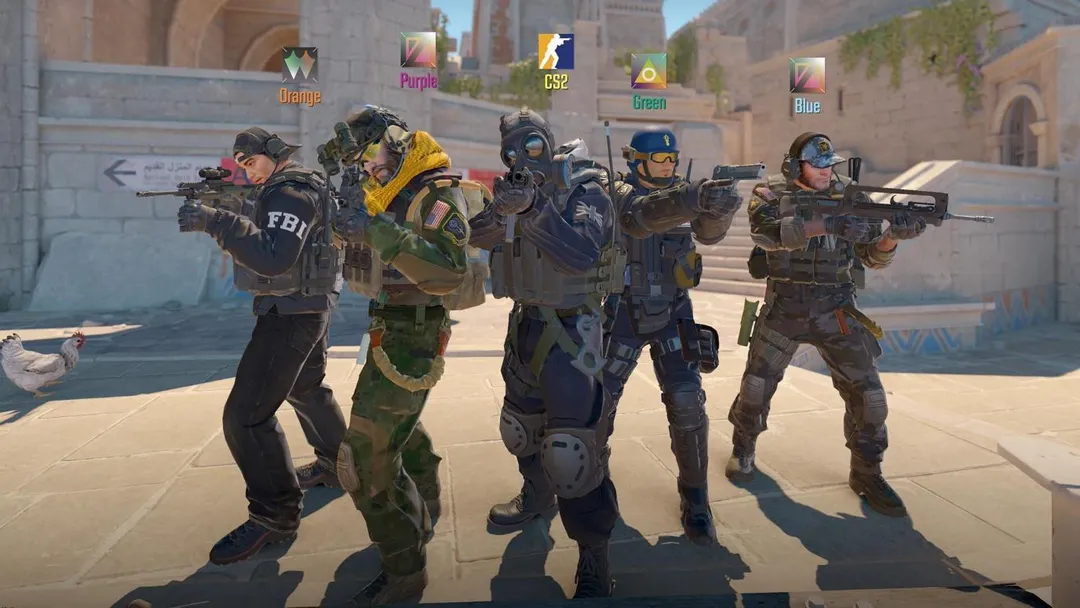
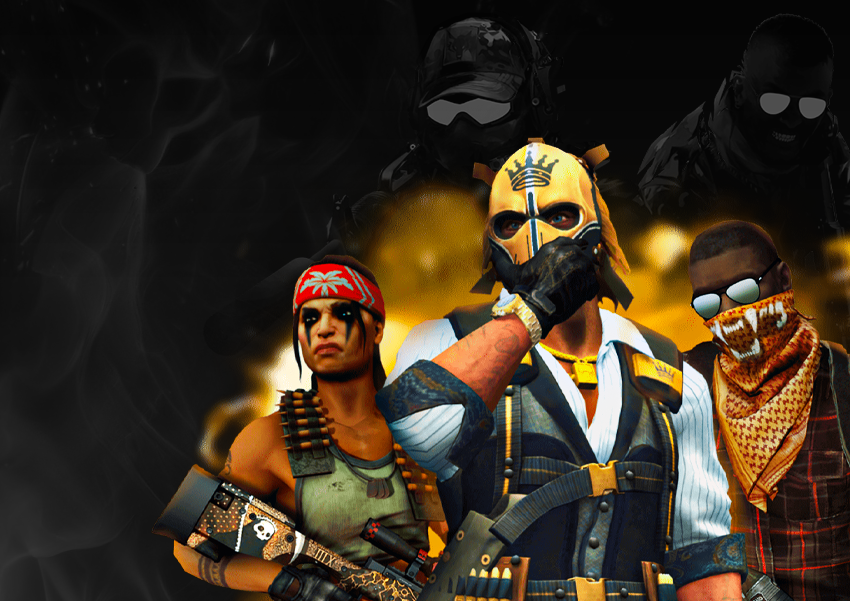
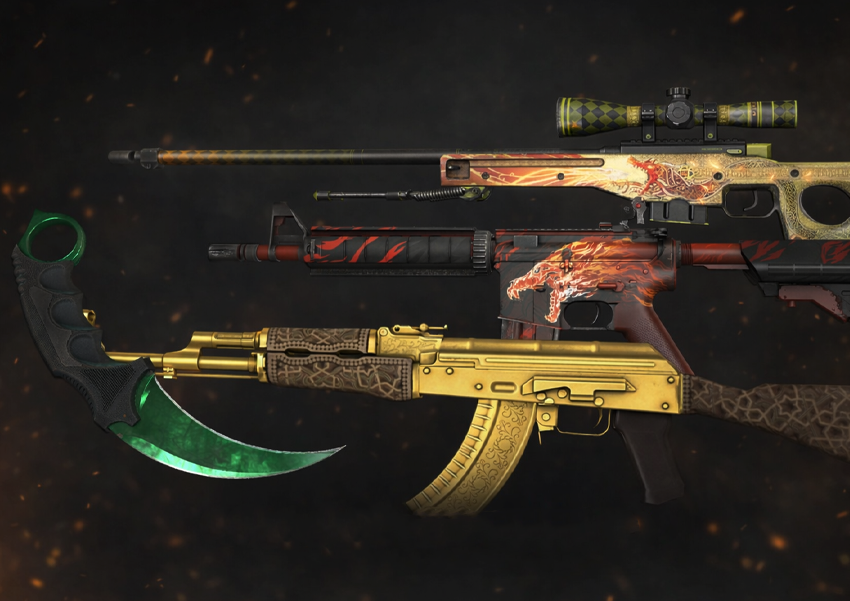
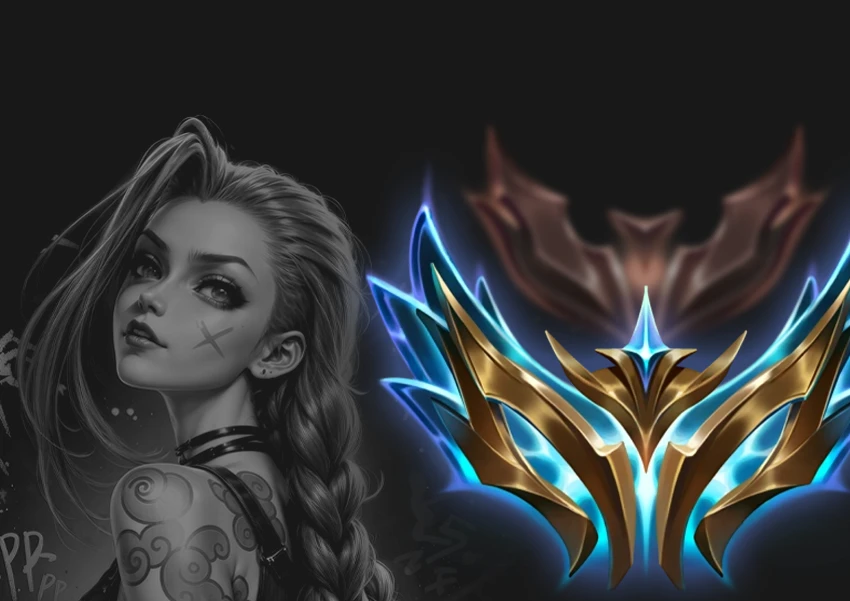

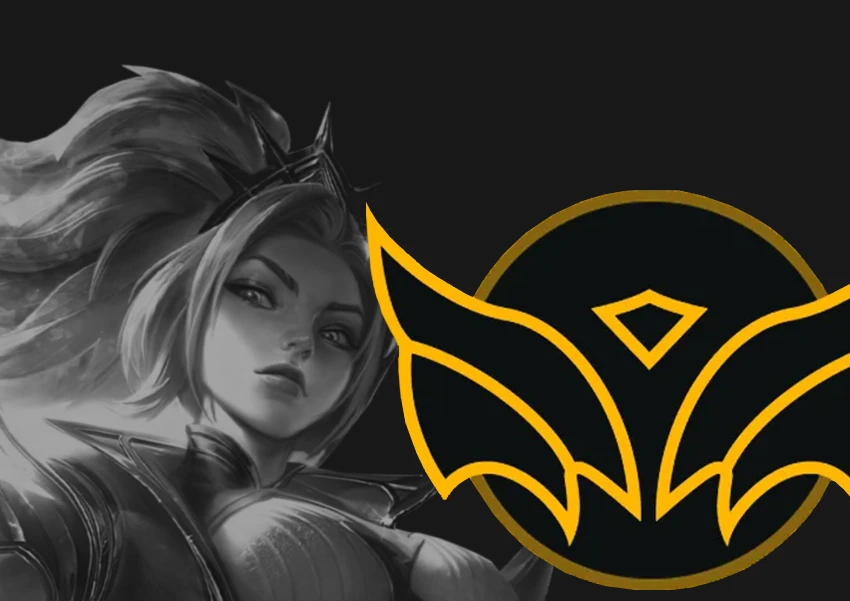
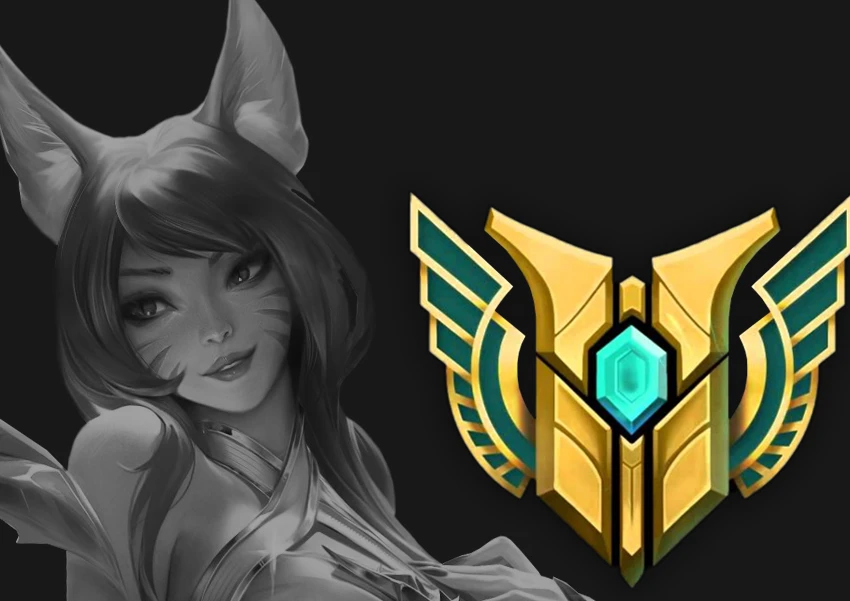
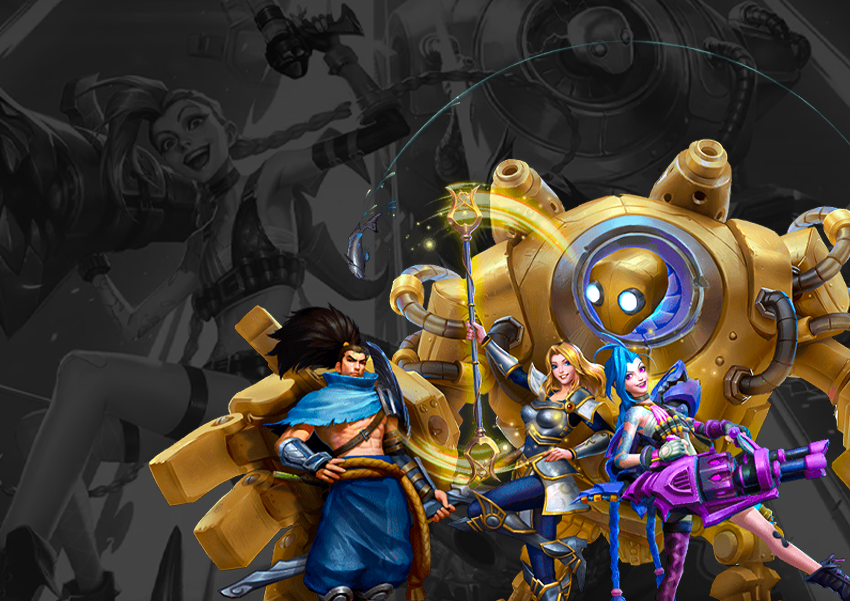
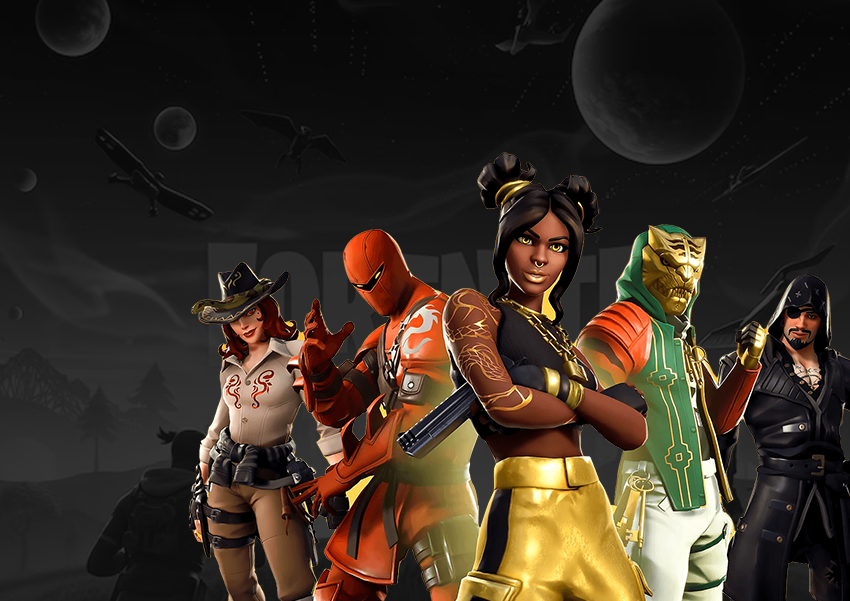


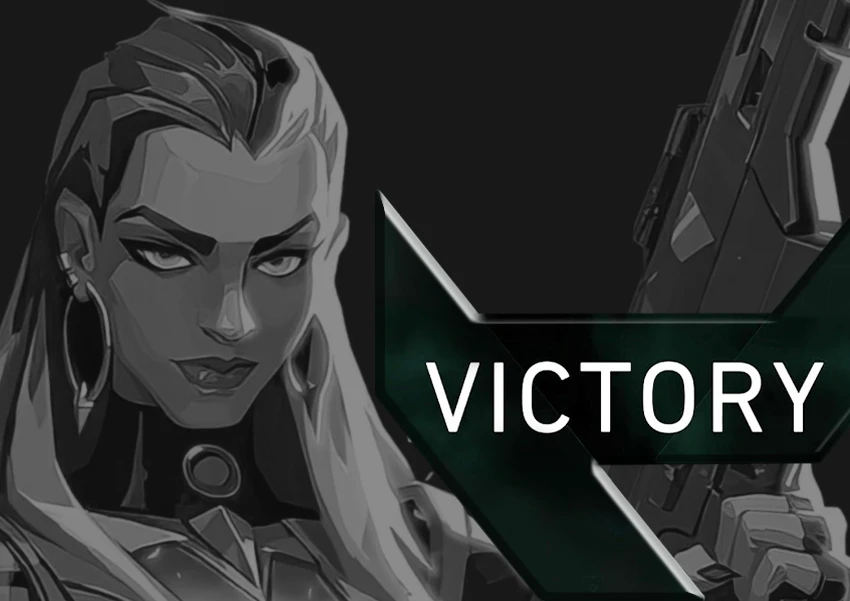
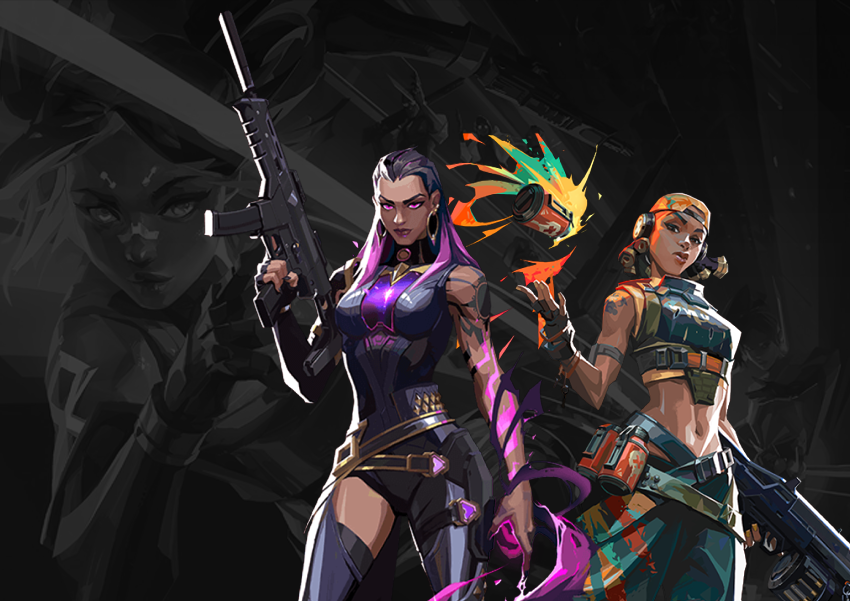
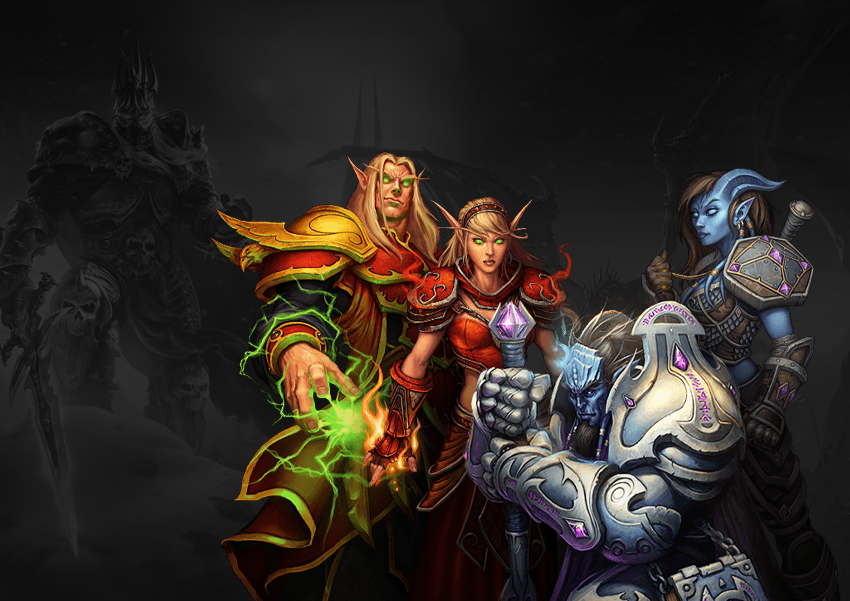

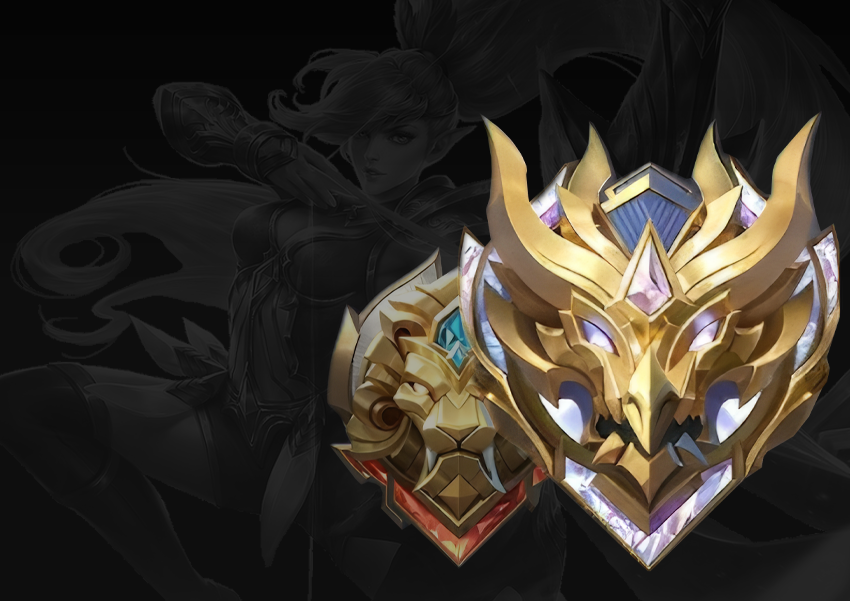
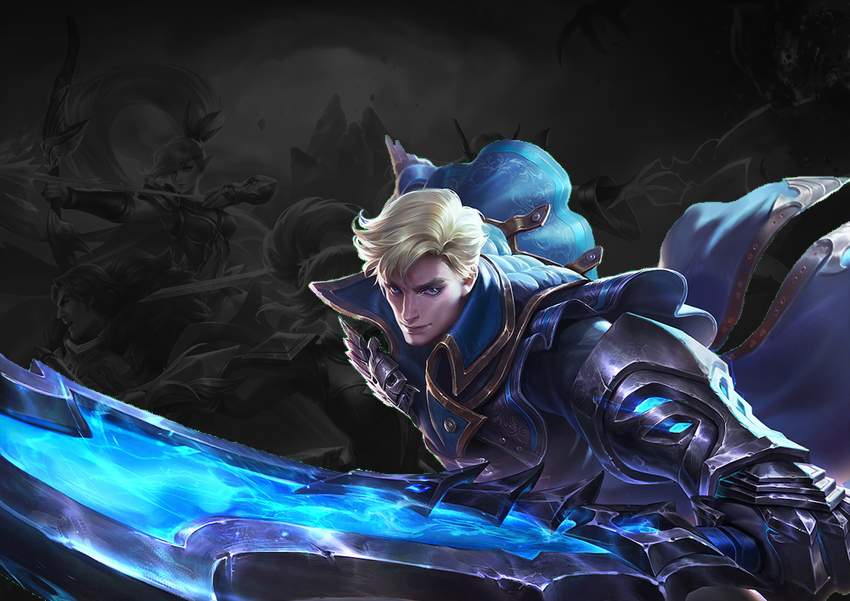
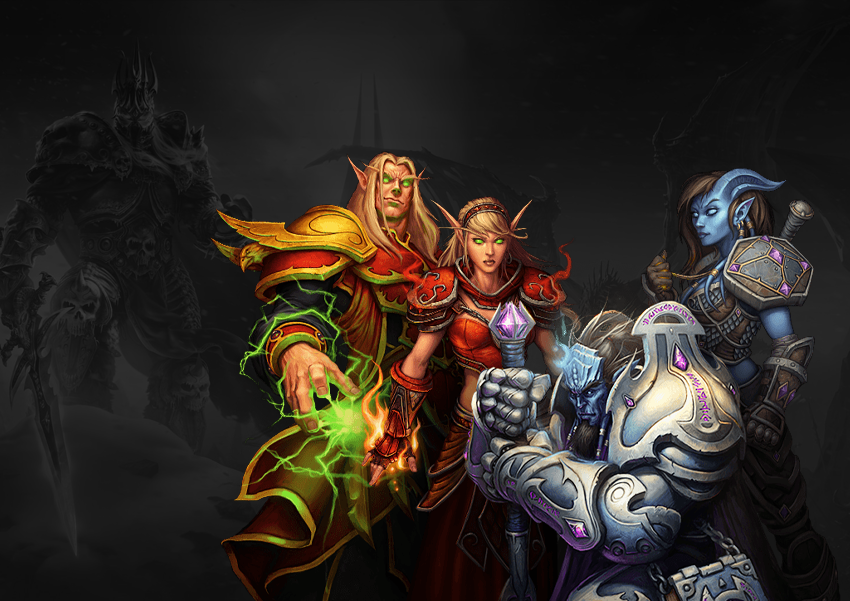
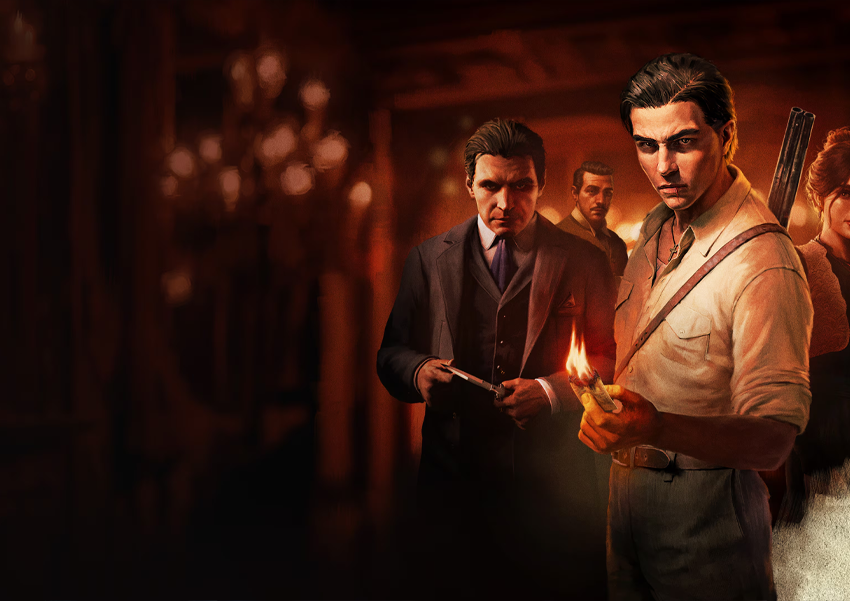
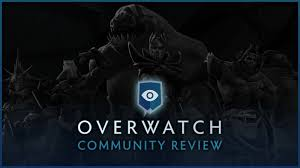
Comments on the article
Поки немає коментарів. Будьте першим!
Leave a comment